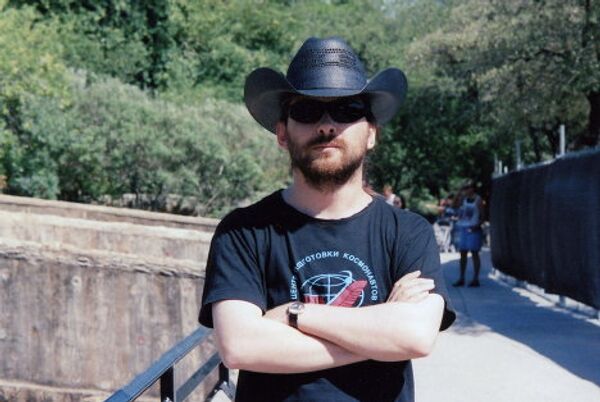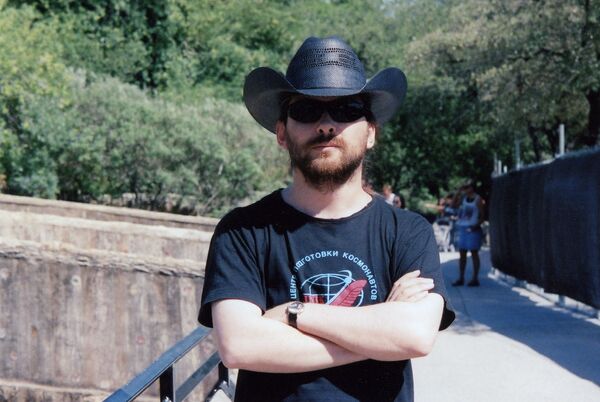The North Korean dissident website New Focus International carried an interesting story on Monday. According to insiders, Kim Jong-un is getting into Hitler. In fact, the tubby tyrant digs the Nazi dictator so much that he’s started gifting copies of “Mein Kampf” to his inner circle. Having emulated Stalin for decades, it’s time for the regime to embrace a new villain.

At first glance, this is perplexing. What is there in “Mein Kampf” that has any relevance for the people of the “Hermit Kingdom”? Undoubtedly, Der Führer would have viewed the decidedly non-Aryan Kim as an inferior semi-human. There are precious few Jews in North Korea for Kim to scapegoat. And then there’s the fact that Hitler hated communists.
Well, apparently Kim is willing to overlook all that because he is impressed by Hitler’s “success” in the interwar period. Gazing at the wreckage of his country, Kim is looking for tips:
“Kim Jong-un gave a lecture to high-ranking officials. … Mentioning that Hitler managed to rebuild Germany in a short time following its defeat in WWI, Kim Jong-un issued an order for the Third Reich to be studied in depth and asked that practical applications be drawn from it.”
That it all ended in fire and blood and millions dead does not seem to worry Kim. Meanwhile I wonder whether he has actually read “Mein Kampf.” The author of the New Focus piece repeats rumors that Kim “made a close study of Hitler while at school in Switzerland,” but as someone who has read, or rather, attempted to read “Mein Kampf” I find this doubtful. Last year, by strenuous effort I managed to get about halfway through before deciding to take a break for a year or ten.
Of course, it’s customary to mock tyrants as morons, even though common sense tells us this cannot be true. It requires skill and cunning as well as violence to hold nations prisoner. But as far as Hitler’s literary abilities are concerned, the cliché of talentless mediocrity is true. He dictated the text while in prison, and it shows: There’s no structure, no editing, just an unbroken, loosely structured stream of consciousness featuring pet theories of history, autobiographical ramblings, racism, contempt for political opponents, musings on morality and, of course, regular outbursts of violent hatred.
Hitler would have loved the Internet.
But here’s something else: Hitler wrote “Mein Kampf” before he was in power, so it has no information about how he “rebuilt” Germany. Still, perhaps it’s not economic advice that Kim is after:
“Kim Jong-un highlighted sports as the secret behind Germany’s unity and ideological successes. Kim also stressed the superiority of Hitler’s thinking in childhood-related policies, and issued an order for propaganda departments to encourage a ‘three child’ policy.”
Ah yes: Running around and playing with balls – that’s how you rebuild a country. But when it comes to sport, Kim has little to learn. North Korea is the last exponent of the mass athletic parades that were a hallmark of 20th-century dictatorships. And as for Hitler as a childcare expert, that reminds me of a story I read a few years back about India.
Everybody knows that Hitler still does a roaring trade globally among anti-Semites, but in 2009 “Mein Kampf” was enjoying a sudden spike in sales in India – which surprised observers of that country, with its microscopic Jewish population. Allegedly, business students there viewed Hitler as a management expert, and they read “Mein Kampf” as if it contained the steps to success.
You know, like:
Step 1: Hate Jews.
Step 2: Hate commies
Etc.
Personally I find this interpretation of “Mein Kampf” unfathomable. Hitler, after all, was not successful: He lost, and he dragged millions down with him. And so I surmise that fans of “Mein Kampf” must read the book partially and very selectively, as religious people do their holy texts.
In fact, I think a large part of the book’s continuing appeal is its shock factor. Most if not all of the neo-Nazis I have ever seen are scrawny, pasty faced morons, or flabby gits with man breasts. As losers, they want to feel better about themselves. The Nazis meanwhile did not deign to hide their evil. They dressed in black leather, wore skulls and loved death. By reading “Mein Kampf” inadequate types declare that they too are ubermenschen, and declare their superiority to bourgeois liberal morality.
I suspect that this is part of the appeal for Kim also. The world is full of economists and experts who would enjoy experimenting upon his country, as they did in the former Eastern bloc after the collapse of the Soviet Union. If he were really interested in reform, they would come running, charge their exorbitant consultancy fees and watch as the fun unfolded. He could get lots of free money from America and the EU if he promised to be a bit nicer.
But he doesn’t want to do that. No, he wants to read Hitler. Like a rebellious teenager, he seeks to maintain his outsider status even as he grasps for solutions. LOOK AT ME, EVERYONE! I’M STUDYING THE WORKS OF AN EVIL MASTERMIND!
Oh, grow up.
The views expressed in this article are the author’s and may not necessarily represent those of RIA Novosti.
What does the world look like to a man stranded deep in the heart of Texas? Each week, Austin- based author Daniel Kalder writes about America, Russia and beyond from his position as an outsider inside the woefully - and willfully - misunderstood state he calls “the third cultural and economic center of the USA.”
Daniel Kalder is a Scotsman who lived in Russia for a decade before moving to Texas in 2006. He is the author of two books, Lost Cosmonaut (2006) and Strange Telescopes (2008), and writes for numerous publications including The Guardian, The Observer, The Times of London and The Spectator.
Transmissions from a Lone Star: Istanbul and the Trouble With Opposition
Transmissions from a Lone Star: The Curious Russian Afterlife of Steven Seagal
Transmissions from a Lone Star: Is it Time for a Ladder on Everest?
Transmissions from a Lone Star: Bad Cars and Porn Stars, or a Few Words About Ladas
Transmissions from a Lone Star: A Cascade of Trouble: Life in Obama’s Second Term
Transmissions from a Lone Star: Printed Guns: Probably Not the Next Big Thing
Transmissions from a Lone Star: Why Dictators Should Be Wary of Certain Animals
Transmissions from a Lone Star: Of Robots and Presidents
Transmissions from a Lone Star: The Other Koresh
Transmissions from a Lone Star: Explaining the Margaret Thatcher Death Parties



